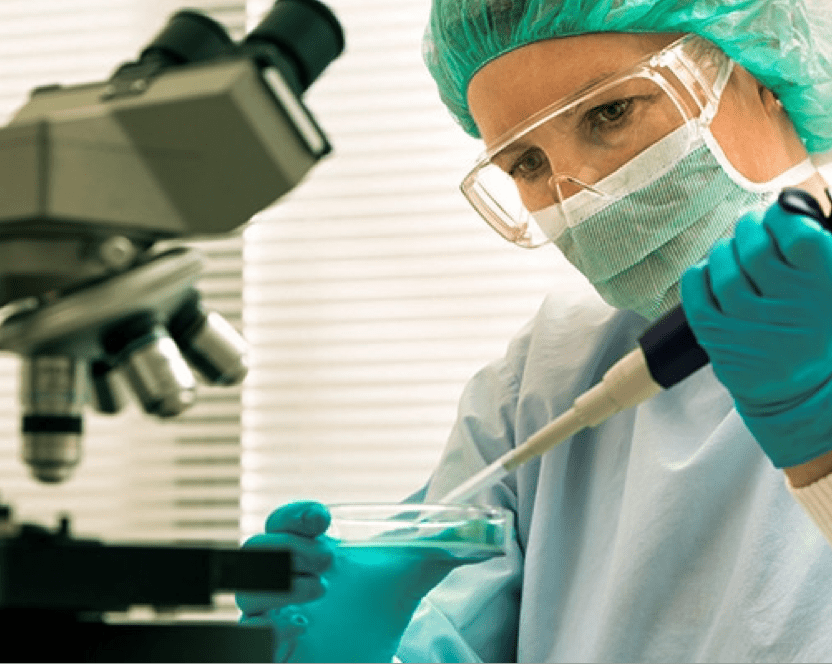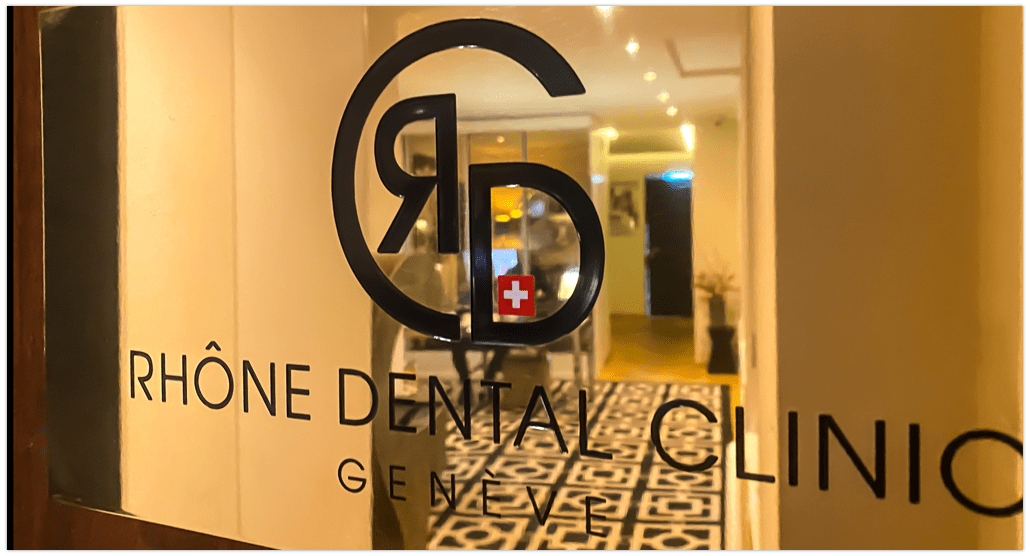Dental Stem Cells
Collection and preservation of dental stem cells
Prepare your health capital for tomorrow today !
Endodontics is the science of treating inflammation and infection of the root canal system of the tooth under the microscope following deep decay, trauma or prosthetic reasons. Your practitioner will shape the canals of the tooth to optimize its disinfection. It has even become common to perform a root canal to heal a bone lesion before placing an implant, in order to avoid a possible bone graft.
Pioneer in this field, Rhone Dental Clinic offers an innovative protocol, in partnership with a bio bank. Take advantage of the extraction of a tooth or your wisdom teeth to collect, cultivate and preserve your dental stem cells for a long time.
These cells have an origin very close to all the cells that will give the neurons, the brain, the nerves, the spinal cord…
Stem cells are the mother cells of all organs and tissues of the human body. A stem cell is an undifferentiated cell that is characterized by two essential properties: its ability to generate specialized cells by cellular differentiation and a capacity to maintain itself by proliferation in the organism (self-renewal), or indefinitely, in culture.
Stem cells play a very important role in the development of organisms and in maintaining their integrity throughout life.
Why is it so important to keep and cultivate a stock of your stem cells in the laboratory?
Adult stem cells are rare, since once growth is complete, the need to proliferate can become dangerous. Stem cells therefore persist in restricted locations within each tissue. These “niches” have complex maintenance mechanisms that are regulated to produce only those cells necessary to maintain a functional organism.
In medicine, stem cells have been the subject of much research since the 1990s.
Cell therapy holds out the hope of regenerating or repairing damaged cells or tissues, or even creating them from scratch, and ideally rebuilding organs.
Adult stem cells, found in tooth pulp, umbilical cord, bone marrow and fat tissue, are already being used in some therapies and clinical trials.
Bone marrow stem cells are the most studied and used today. However, dental stem cells have a much higher and faster reproduction capacity than bone marrow stem cells.
The advantage is to obtain stem cells that can be easily isolated, frozen, and multiplied in large quantities by in vitro cell culture before being used.
Stem cells of dental origin, which are the remnants of embryonic development, are mesenchymal pluripotent, i.e. they are capable of producing cells of very different morphology and functions.
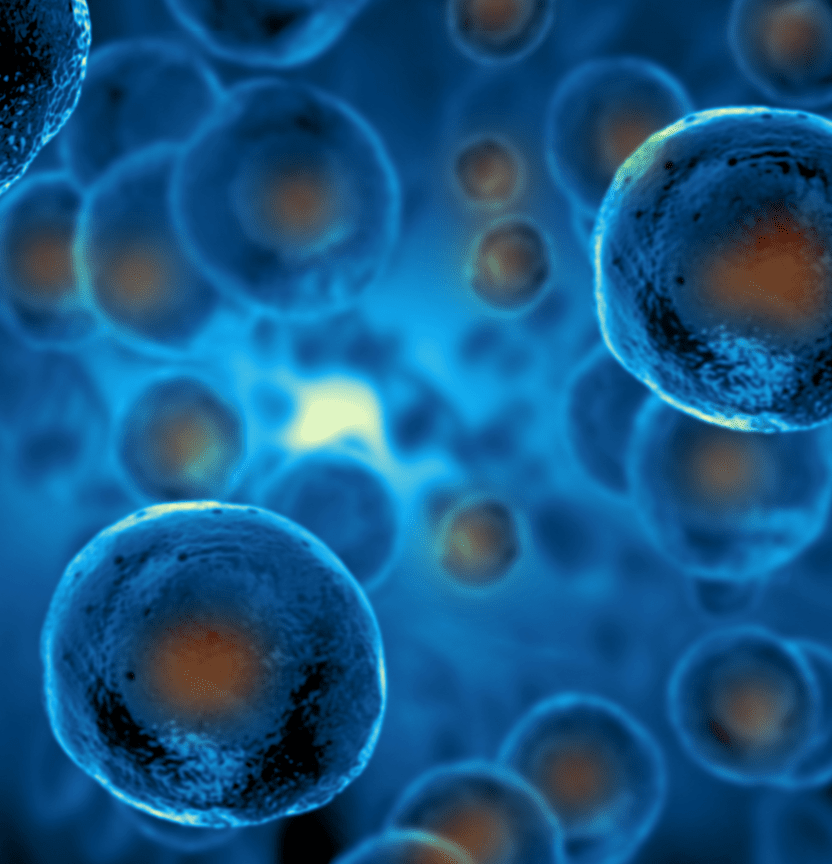
Therapeutic regenerative capabilities of dental stem cells
The most recent scientific studies have identified the therapeutic regenerative capabilities of dental stem cells in the following cases :
- Reconstruction of the supporting tissue of the tooth
- Reconstruction of the cornea of the eye
- Autoimmune diseases
- Liver cells
- Cartilage production
- Heart cell production
- Production of neurons
- Revascularization of cardiac tissue
- Improvement of the vascularization of a tissue
- Muscular dystrophy
Would you like to have a stem cell harvest ?
Rhone Dental Clinic adapts to the most demanding schedules and private requirements of each patient. We guarantee a rigorous punctuality and offer you an emergency service in case of necessity.
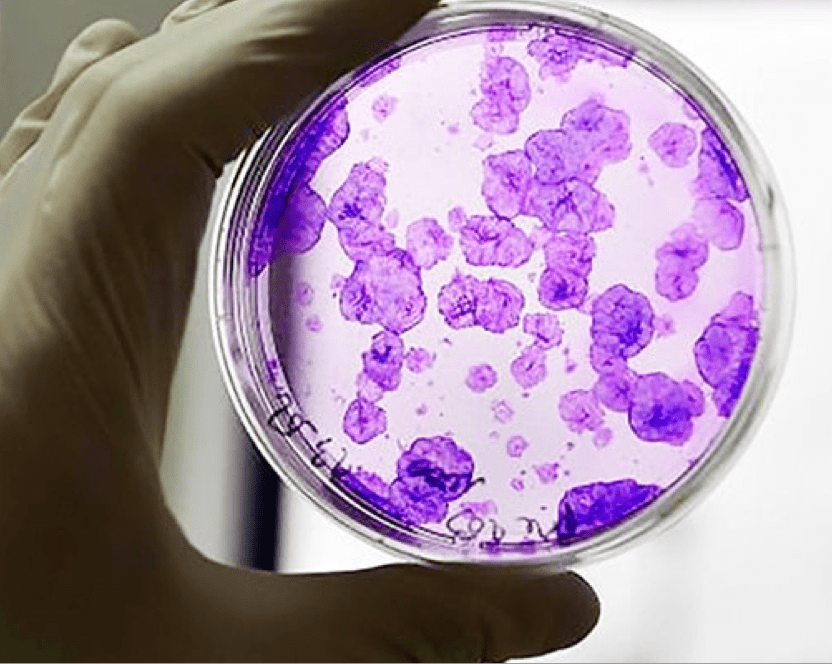
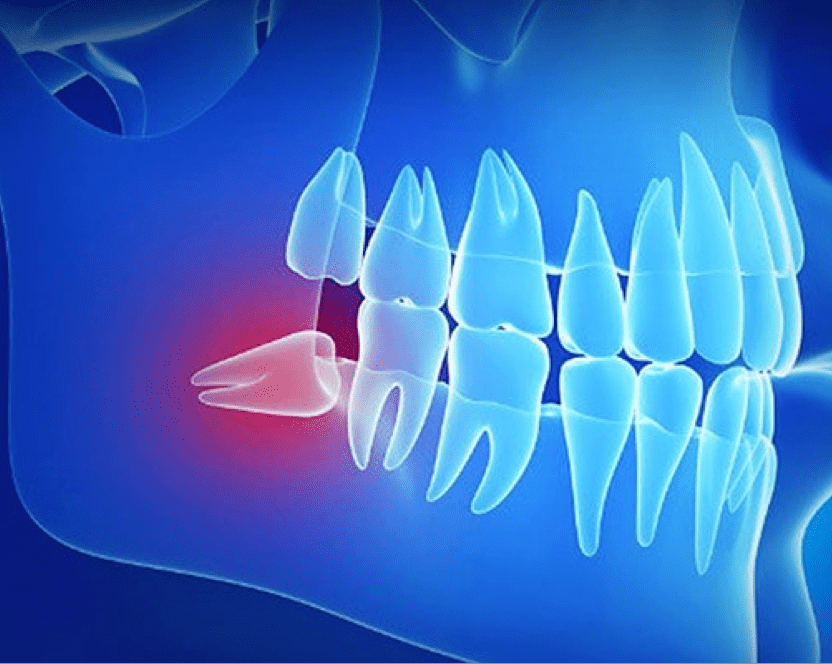
Which teeth can we remove?
Milk teeth are a source of stem cells in patients aged 5 to 12 years. Only the incisors and canines are removed. They must be slightly mobile and free of caries or reconstructions.
Wisdom teeth have a larger pulp chamber in which the stem cells will be more viable. The extracted tooth must be intact, without decay or discoloration.
How does the protocol work ?
After the tooth is extracted, a secure package is sent to the laboratory with the patient’s serology. The laboratory opens the tooth to extract the dental pulp, which is dissociated to obtain a tissue and cell suspension.
The cells are cultured to verify the absence of bacterial contamination.
Once sterile, viable cells will be counted and their RNA extracted to identify CD 34+ biomarkers confirming the presence of mesenchymal stem cells.
A small amount of stem cells is enough to yield millions and multiply enough to reach the number needed for treatment.
This cell culture process is called cell expansion and means that a single cell can multiply, under carefully controlled conditions in the laboratory, and later be used for multiple applications or as a transplant.
